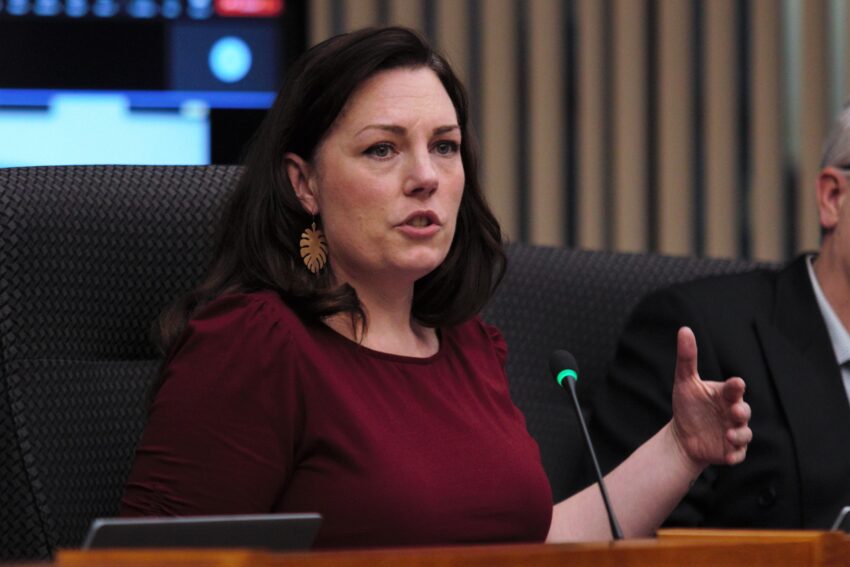Are short-term rentals through companies like Airbnb and Vrbo robbing Thunder Bay of tax revenue and affordable housing options?
The city’s intergovernmental affairs committee says yes, recommending the city lobby the province to regulate the industry more closely.
The committee’s recommendation, put forward by Coun. Shelby Ch’ng, will be debated by city council on Monday.
If passed, it would see the city ask the Ford government to “address situations in which long-term housing stock has been lost to corporate ownership of short-term rental properties,” and require the rentals to be registered with municipalities and comply with local zoning and licensing rules.
Ch’ng has pointed to legislation in British Columbia that include some of those requirements, and limited short-term rentals to properties where the owner resides.
After scouring local listings over the summer, Ch’ng estimates there were between 420 and 450 available at any given time in Thunder Bay.
About one third of those appeared to be in the downtown cores, which she called problematic.
She believes those numbers could have a meaningful impact on housing availability and rental rates for local residents, who she said have reached out with concerns.
The call for provincial action comes years after other Ontario municipalities, including in the North, took matters into their own hands with local regulations.
Cities including Sudbury, Sault Ste. Marie, Huntsville, Toronto, and Ottawa have introduced rules on the rentals, variously requiring them to be registered, to pay registration fees, limiting where they can be located within the city, and to have minimum insurance coverage.
Ch’ng says while Thunder Bay could examine those steps, a consistent provincial approach would be more effective.
She also called Monday’s discussion a first step, and expects further resolutions to come forward in the future.
Asked how local owners of short-term rentals may receive the proposal, Ch’ng said she’s more worried about corporations converting entire buildings into short-term rentals.
The industry is also shortchanging the city on taxation revenue, she argued, including the municipal accommodation tax charged for stays at local hotels.
Airbnb has agreed to collect the MAT on behalf of its hosts in several Ontario communities that passed rules requiring them to do so, including Sudbury.
If the intergovernmental affairs committee’s recommendation is approved Monday, a copy of the resolution will be sent to Premier Doug Ford, Minister of Municipal Affairs and Housing Paul Calandra, local MPPs, and all municipalities in Ontario.

